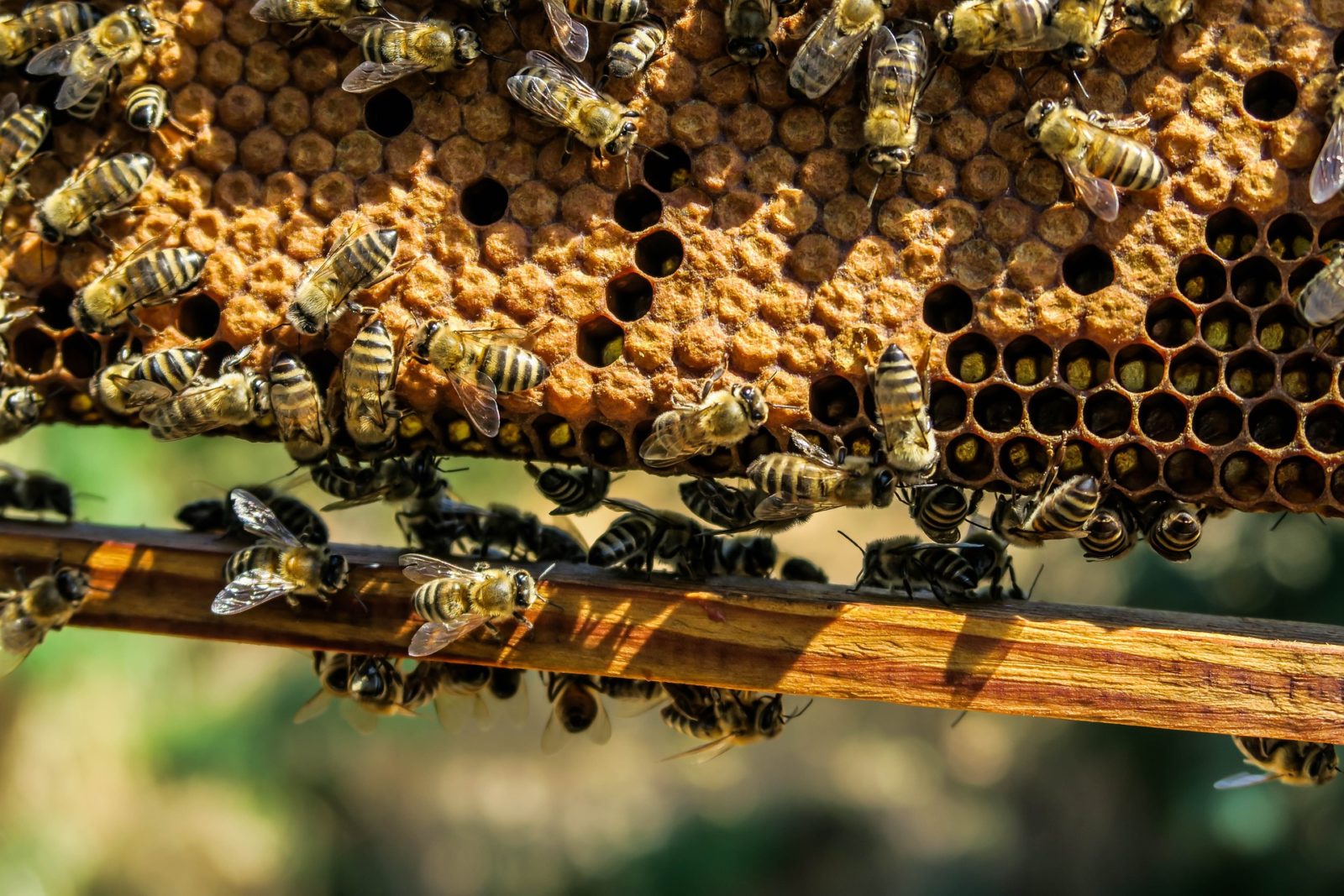Kansas, in the U.S. Midwest, names the honeybee as the official state insect. Beekeepers across the state are encouraging farmers to diversify and increase crop health with bee colonies, according to a Hutchinson News article.
According to beekeeping consultant Jorge Garibay, bees in the area can increase yields for soybeans, cotton and sunflowers noticeably. Though soybeans are self-pollinating, he says honey-pollinating bees can boost yields 10 to 40%, and that purple-flowered soybean varieties seem to benefit the most from bees.
“You can produce substantial honey crops from soybean flowers,” he said, adding that six to eight hives per acre are needed for the maximum yield increase.
The concept of diversification appeals to many Kansas farmers, like Joe Swanson, who has used no-till and cover crops for 30 years. He added beehives to his farm in 2019 with help from Garibay.
“We are excited about the addition of bees in our system,” Swanson said. “We were already focused on soil health, but the bees add another vector for pollination, and we might add a little income on the honey.”
Other Kansas farmers are considering diversification with honeybees for crop health. In addition to soybeans, bees thrive with other flowering crops like canola and safflower, which Kansas farmers like Jerry Birdsell raise. And the Kansas Honey Producers’ Association offers scholarships and grants to teach beekeeping throughout the state.
According to Garibay, gathering swarms of bees and relocating them to locations where they can thrive, like farms, benefits everyone. And he does this regularly throughout Kansas.
Innovations like adding bees are one more example of how soybean farmers work to continuously improve. Bees can support sustainability, crop health, crop quality and yield.
